Myrrh Essential Oil
$7 – $593
100% Pure and Natural Myrrh Oil at Wholesale Prices
Myrrh Oil is originated from Commiphora myrrha belonging to a Burseraceae family of plants. It is a small tree growing up to 5metres high with light bark and branches entangling with each other. The bark of the tree produces a gum resin that is pale yellow color and changes color to reddish-brown when dried up. Myrrh essential oil is extracted through steam distillation of the gum so produced from the bark yielding 3-5% oil. The oil has a warm musty aroma and the color of the gum provides color to the oil i.e. pale yellow. This aromatic oil offers a wide range of benefits:
- Antiseptic and Antifungal: Myrrh oil possesses natural antiseptic and antifungal properties, making it a valuable addition to wound care and skincare products. It can help prevent infections and soothe minor skin irritations.
- Anti-Inflammatory: Myrrh oil contains anti-inflammatory compounds that make it beneficial for reducing inflammation and providing relief from conditions like arthritis and sore muscles.
- Oral Health: It has been used for oral care to promote healthy gums and teeth. It can be found in natural toothpaste and mouthwash products.
- Skin Health: This oil can support overall skin health. It can help reduce the appearance of fine lines and wrinkles, improve skin tone, and promote a more youthful complexion.
- Mood Enhancement: The earthy and grounding aroma of oil can have a calming effect on the mind. It is used in aromatherapy to reduce stress, promote relaxation, and enhance spiritual practices.
- Healing and Wound Care: It is traditionally known for its ability to promote wound healing. It can be used in diluted form topically to support the healing of cuts, scrapes, and minor skin injuries.
How to Use Myrrh Essential Oil :
It is versatile oil that can be used in various ways to harness its therapeutic benefits. Here are some common methods for using Myrrh Essential Oil:
- Aromatherapy: Diffusing Myrrh Essential Oil in an essential oil diffuser is a popular method to experience its grounding and mood-enhancing properties. This can create a serene and calming atmosphere, making it ideal for relaxation and spiritual practices.
- Topical Application: When using oil topically, it should be diluted with a carrier oil, such as jojoba or coconut oil, to prevent skin irritation. A 1-2% dilution is typically recommended. You can use this diluted oil for massages, focusing on areas of inflammation or skin concerns.
- Oral Care: Myrrh oil can be used for oral health. You can add a drop or two to your toothpaste or mouthwash for a natural and holistic approach to maintaining healthy gums and teeth. Ensure you use a high-quality, food-grade Myrrh oil.
- Skincare: Incorporate Myrrh Essential Oil into your skincare routine by adding a few drops to your regular face cream or lotion. It can help promote healthy and youthful skin by reducing the appearance of fine lines and wrinkles.
- Wound Care: It can be applied topically to support wound healing. It can be used on minor cuts, scrapes, and skin injuries. Ensure the oil is diluted with a carrier oil to avoid skin irritation.
- Baths: Adding a few drops of Myrrh Essential Oil to your bathwater can provide a relaxing and grounding experience. Ensure proper dilution and mix the oil with a dispersant to evenly distribute it in the bath.
| Product Name : | Myrrh Essential Oil |
| Botanical Name : | Commiphora myrrha |
| Origin : | Somalia |
| Appearance & Odor : | Pale yellow color with woody, balsamic & earthy |
| Methods of Extraction : | Steam Distillation |
| Weight | N/A |
|---|

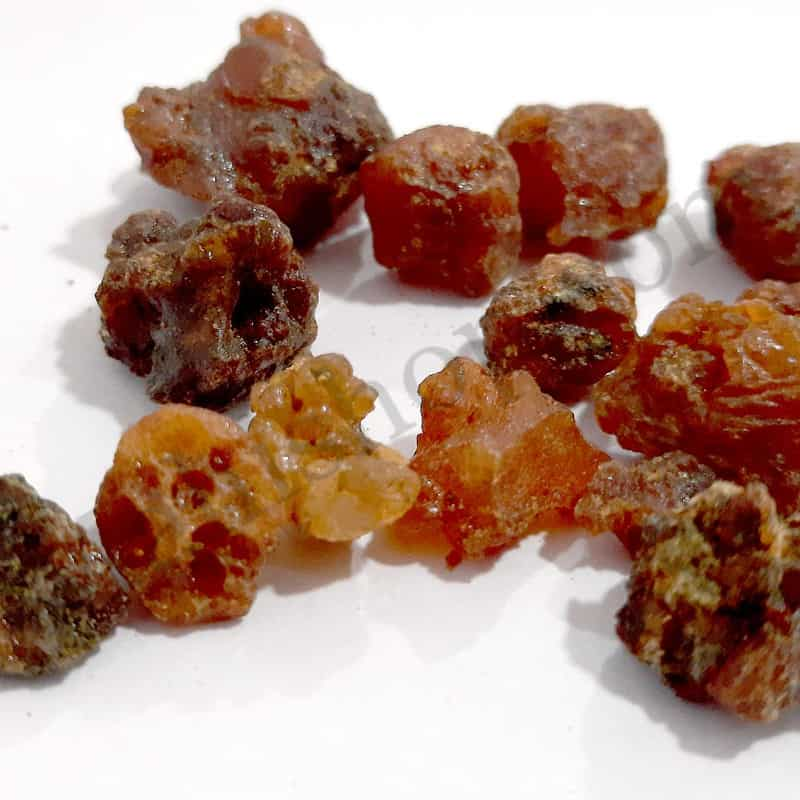
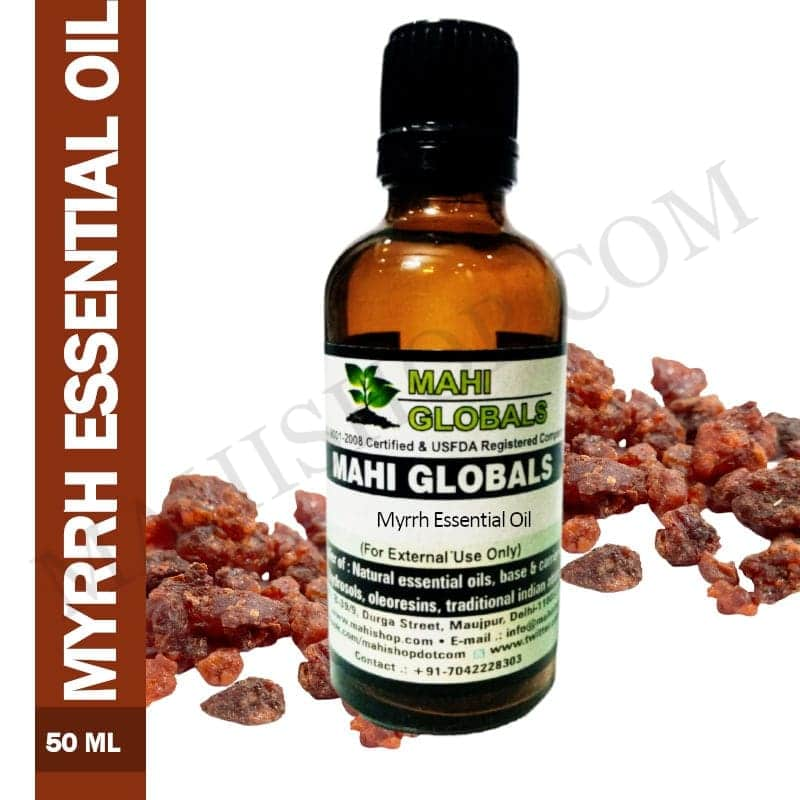
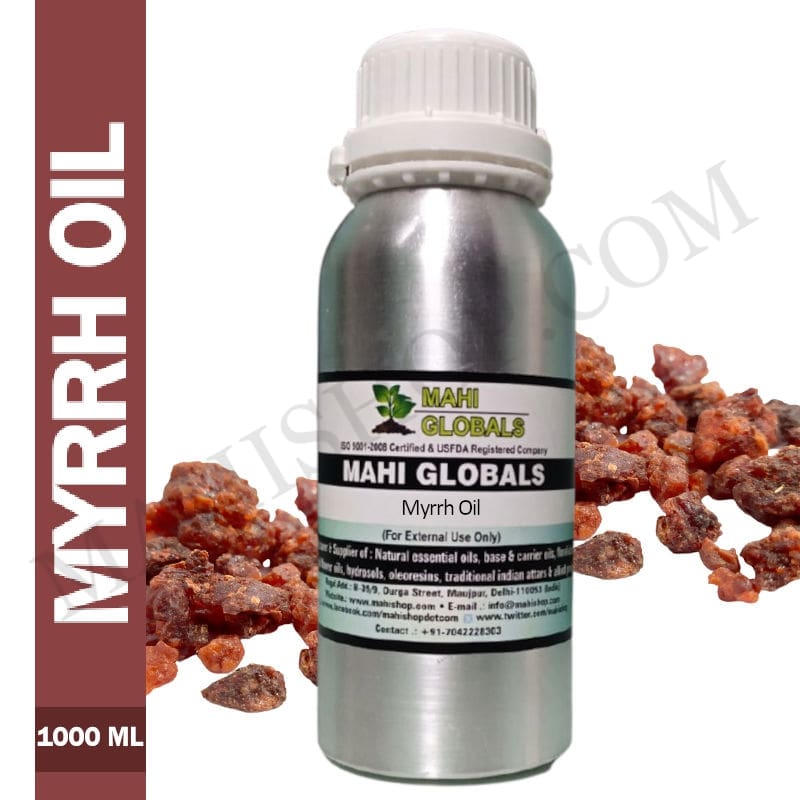
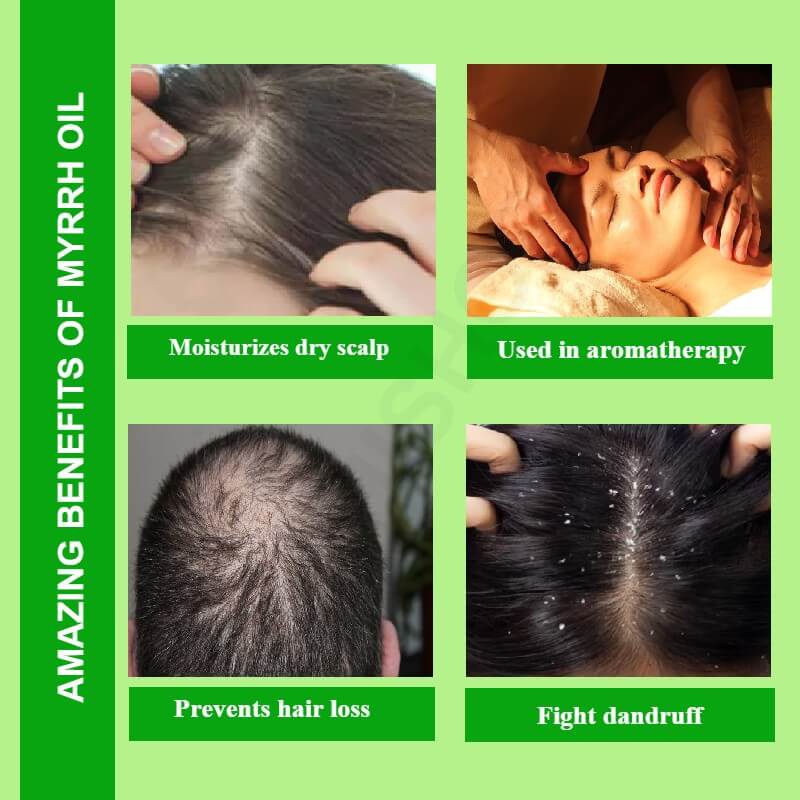
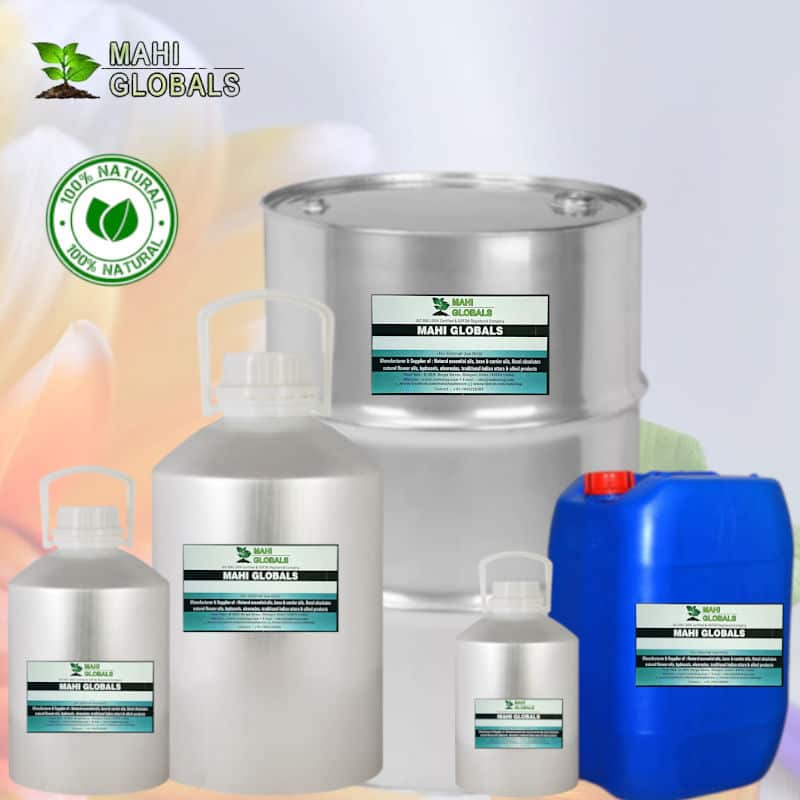
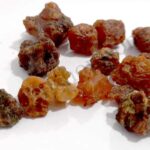
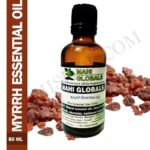
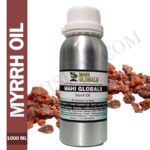
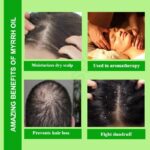
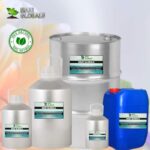
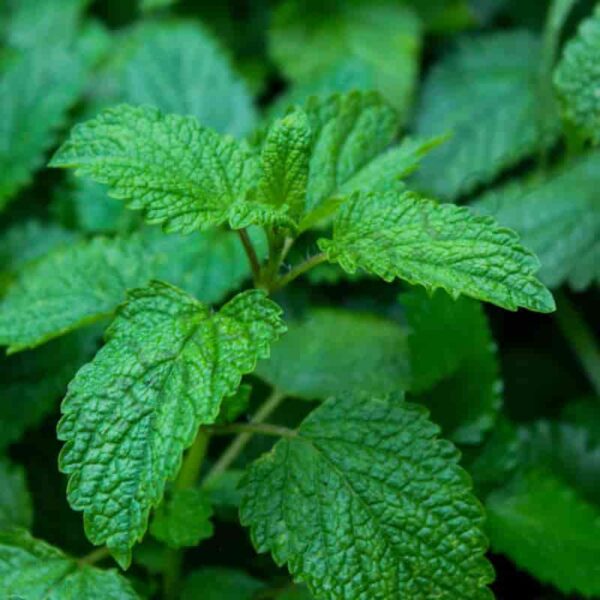
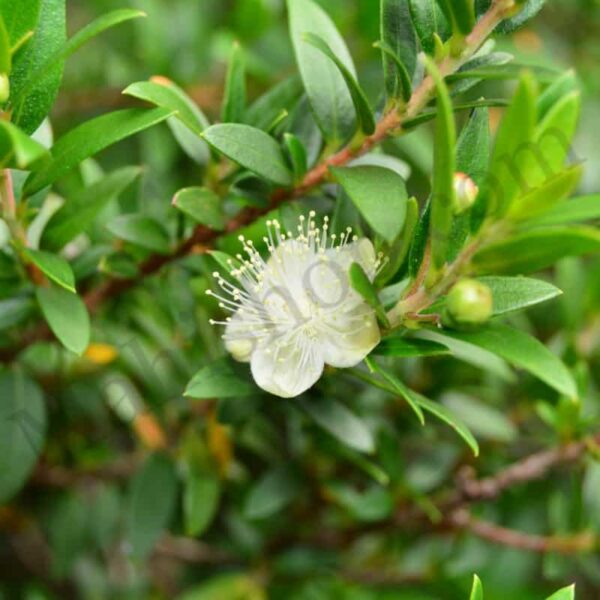
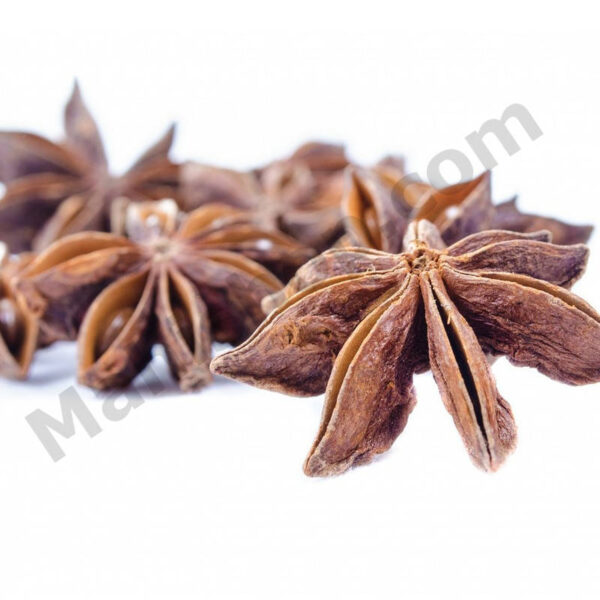
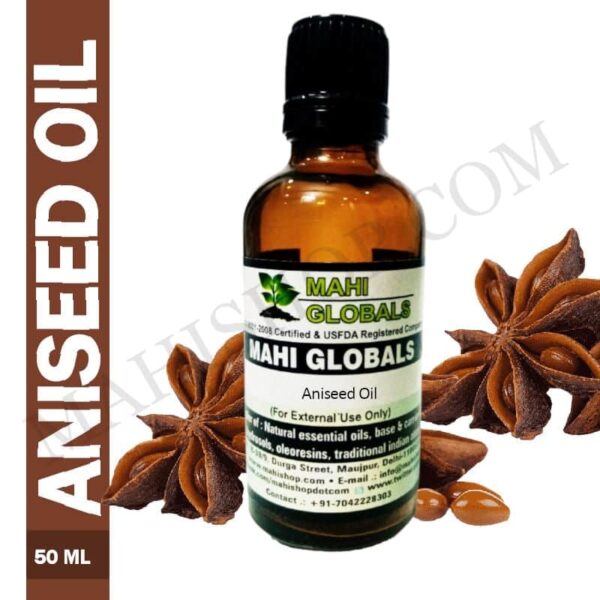
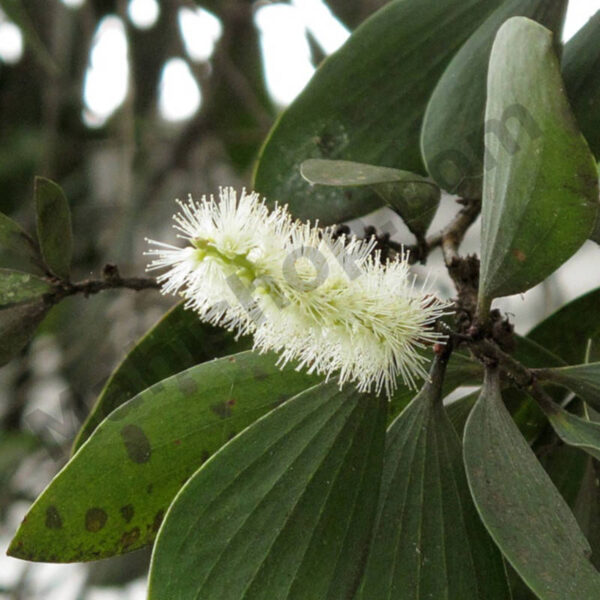
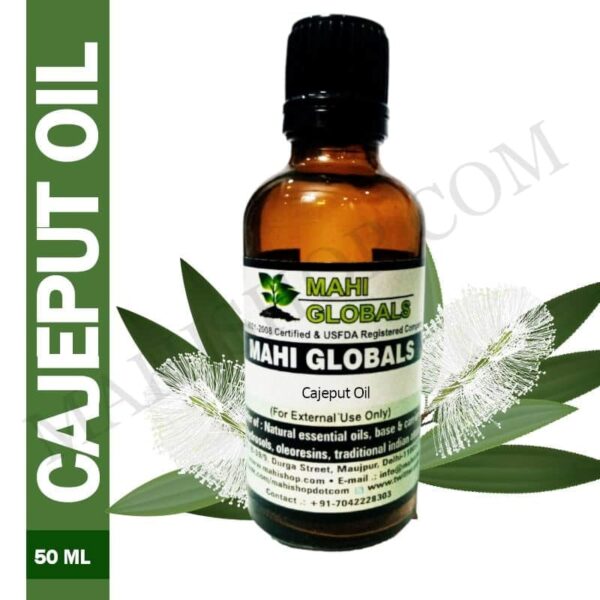
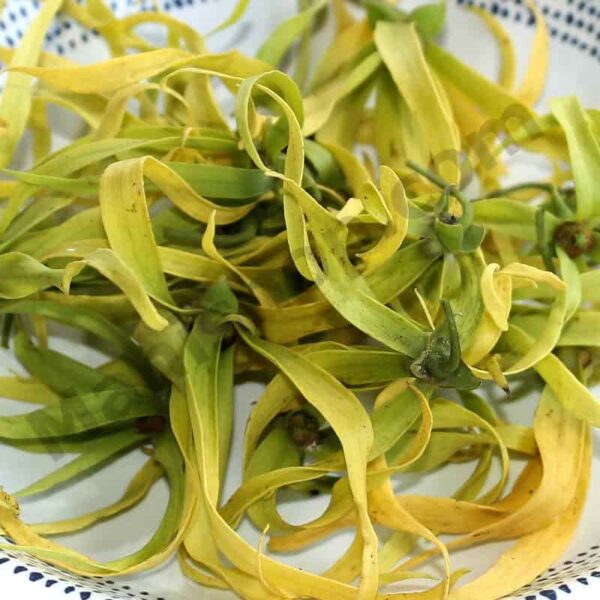
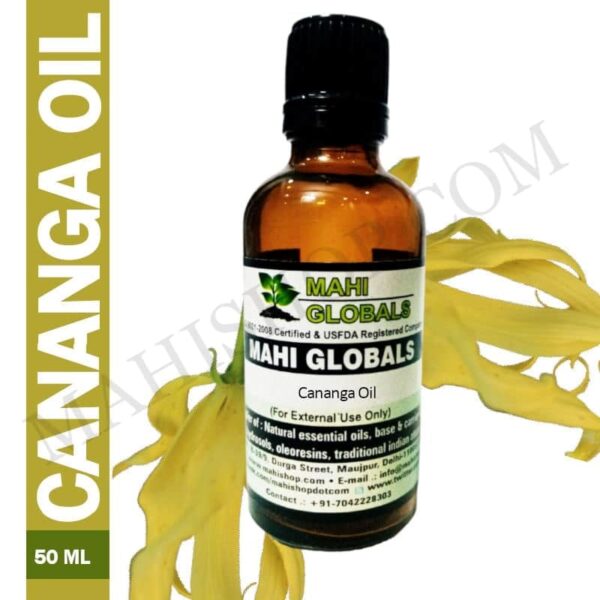
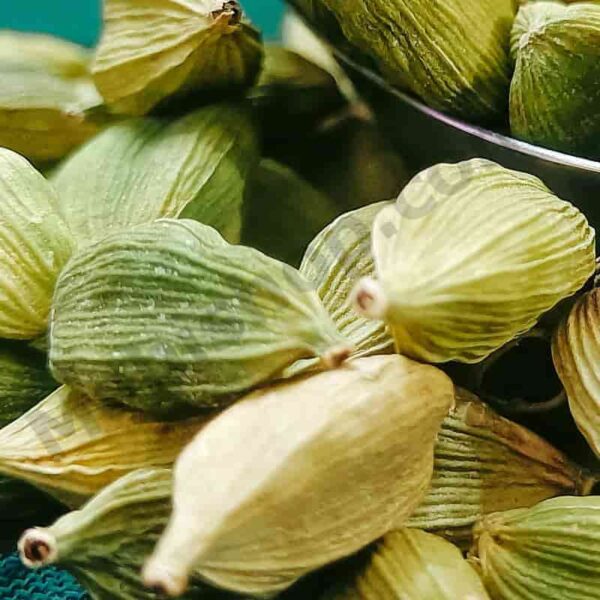
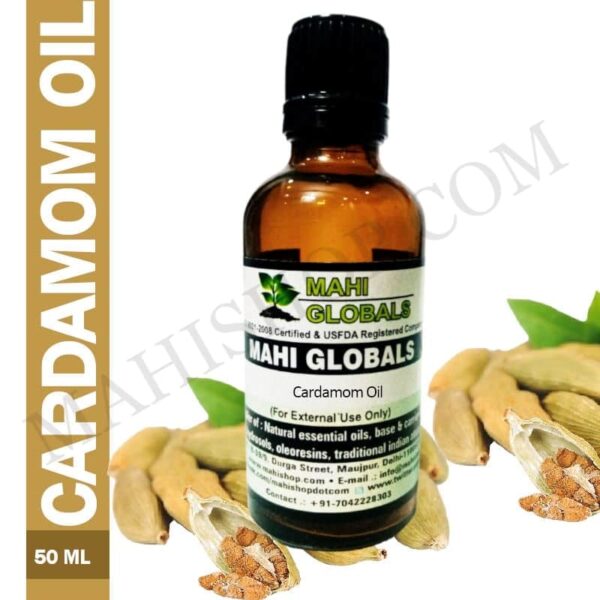

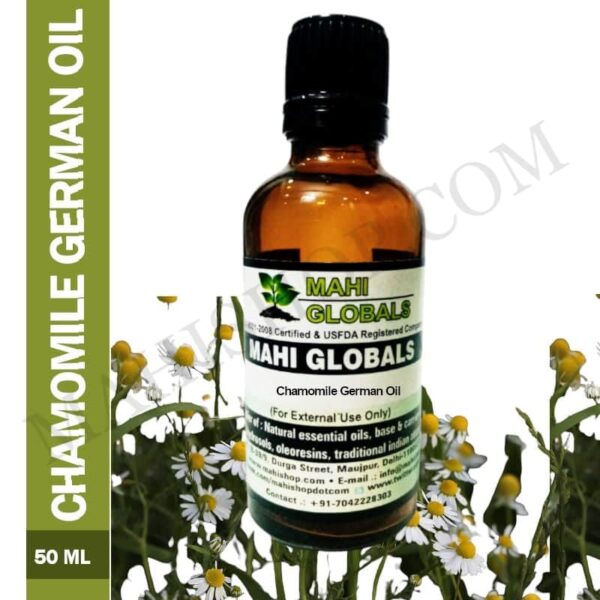
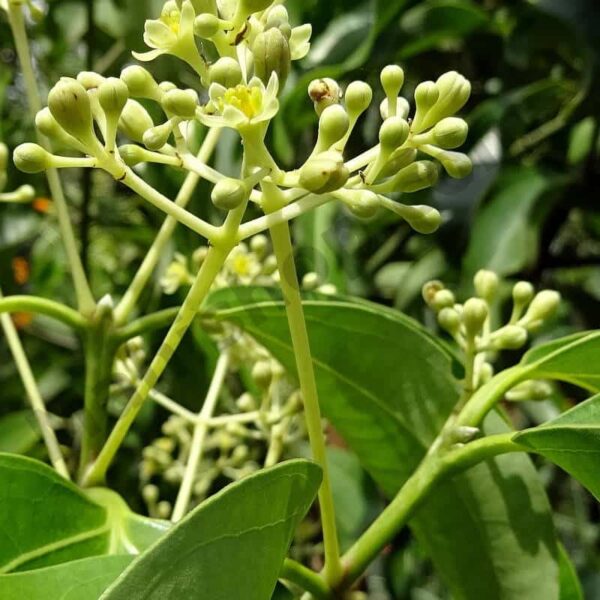
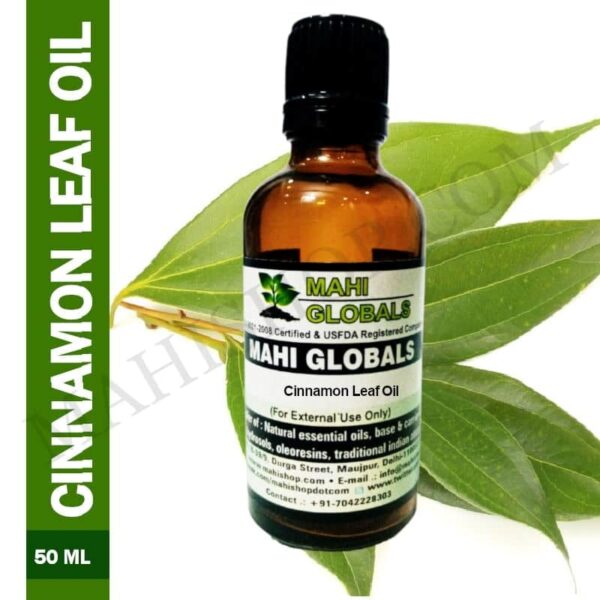
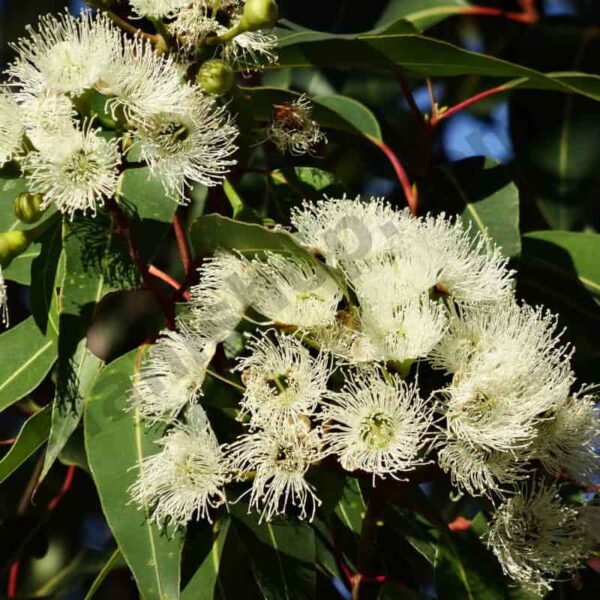
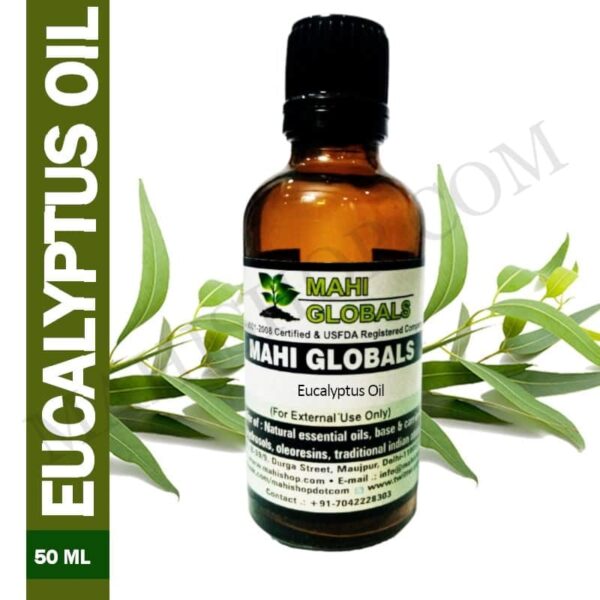
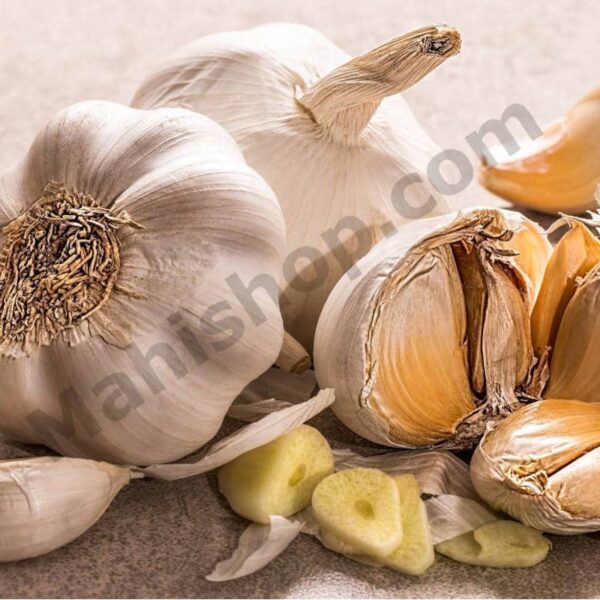
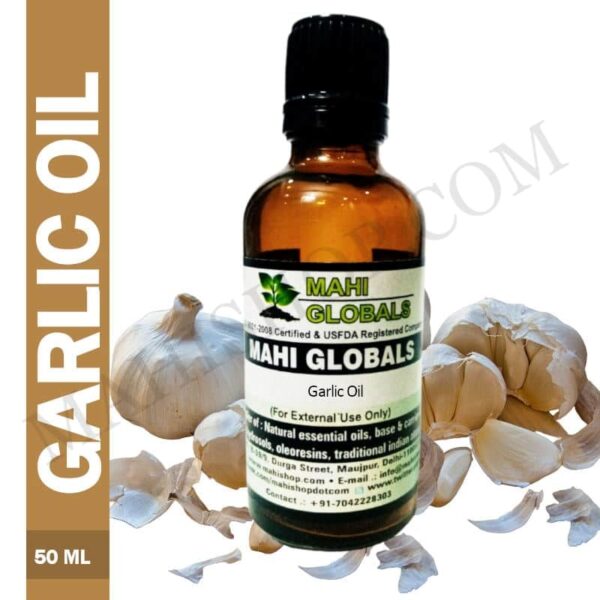
Reviews
There are no reviews yet.